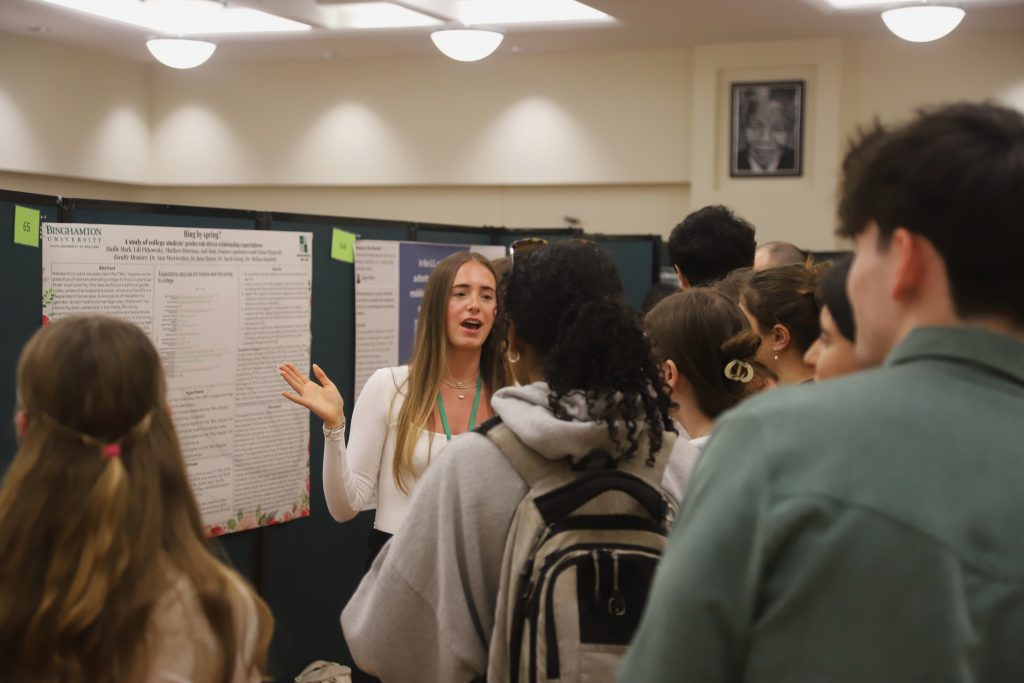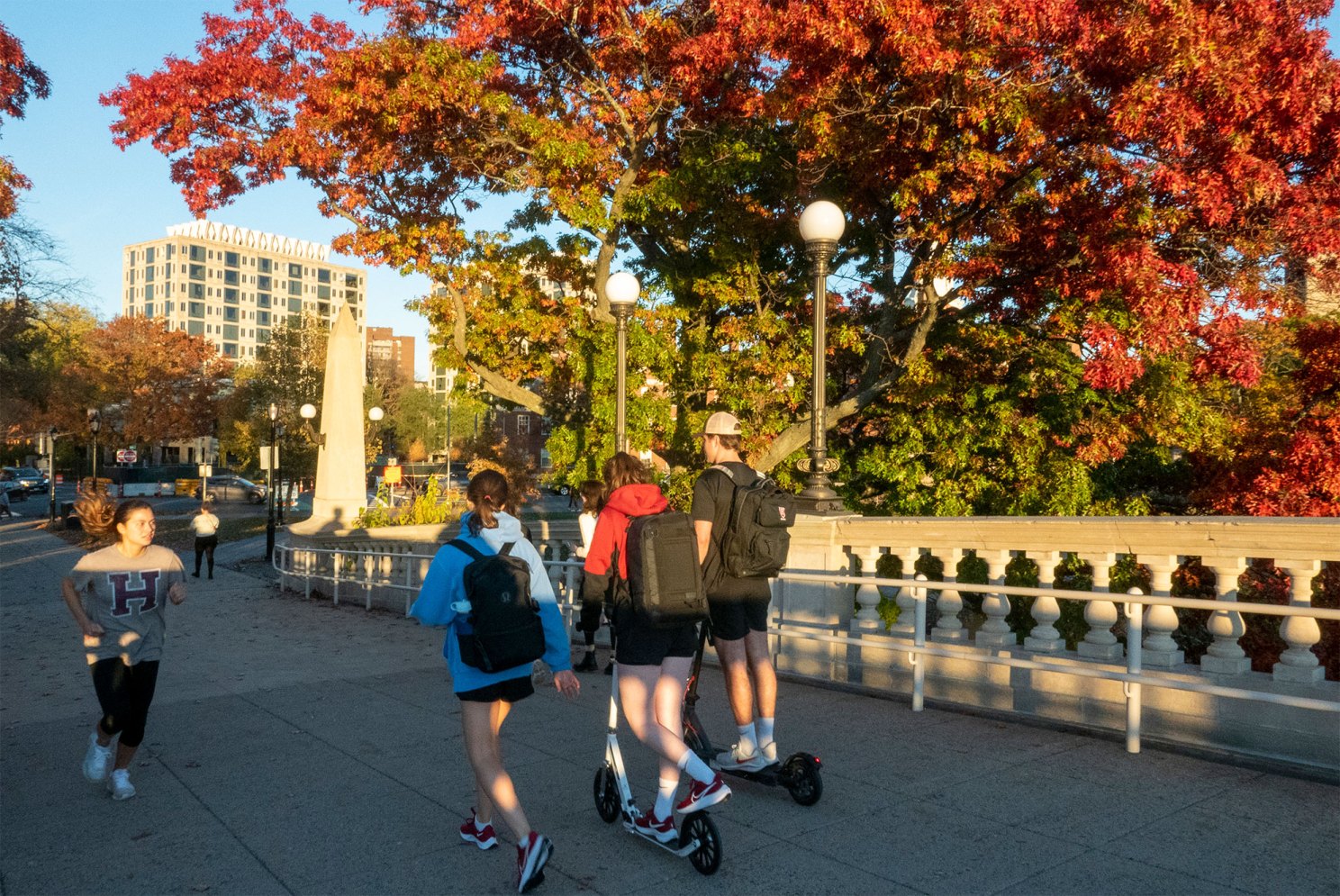
JAKARTA, inca.ac.id – Student projects are more than just academic assignments; they are powerful vehicles for innovation and change within campus communities. By harnessing creativity, collaboration, and practical problem-solving, students can develop initiatives that address real issues, enhance campus life, and contribute to societal progress. This article explores various strategies and examples of student projects that have made a significant impact, offering insights into how students can innovate for change on their campuses.
The Importance of Student Projects

What are Student Projects?
Student projects are collaborative or individual efforts undertaken by students to explore, research, or solve specific problems. These projects can take many forms, including research papers, community service initiatives, entrepreneurial ventures, and artistic expressions. They provide students with opportunities to apply theoretical knowledge in practical settings and develop essential skills.
Why are Student Projects Important?
- Skill Development: Engaging in projects allows students to develop critical skills such as teamwork, leadership, communication, and problem-solving.
- Real-World Application: Student projects bridge the gap between classroom learning and real-world challenges, preparing students for future careers.
- Community Engagement: Many projects focus on local issues, fostering a sense of responsibility and connection to the community.
- Innovation and Creativity: Student projects encourage creative thinking and innovative solutions, driving positive change on campus and beyond.
Innovative Student Projects That Made an Impact
1. Sustainability Initiatives
Many campuses have seen student-led sustainability projects aimed at reducing waste and promoting environmental awareness.
Example: A group of students launched a campus-wide recycling program that included educational workshops on waste management. They created visually engaging signage to encourage proper recycling practices, resulting in a significant increase in recycling rates.
Hack: Collaborate with local businesses to sponsor recycling bins or provide incentives for students who actively participate in sustainability initiatives.
2. Mental Health Awareness Campaigns
Mental health is a crucial issue on college campuses, and students can play a vital role in promoting awareness and support.
Example: A student organization developed a mental health awareness campaign that included workshops, peer support groups, and informational booths during campus events. They also created a social media campaign to destigmatize mental health discussions.
Hack: Utilize digital platforms to create a virtual support network where students can share resources, experiences, and coping strategies anonymously.
3. Tech for Social Good
Students in tech-related fields often leverage their skills to create projects that address social issues.
Example: A team of computer science students developed a mobile app that connects volunteers with local non-profit organizations in need of assistance. The app streamlined the volunteer sign-up process and increased community engagement.
Hack: Organize hackathons focused on social issues, encouraging students from various disciplines to collaborate and innovate solutions that benefit the community.
4. Cultural Exchange Programs
Promoting diversity and inclusion on campus can be achieved through cultural exchange initiatives.
Example: A group of international students organized a cultural festival that showcased food, music, and traditions from their home countries. This event fostered cross-cultural understanding and strengthened community ties.
Hack: Create a mentorship program pairing international students with domestic students to facilitate cultural exchange and build lasting friendships.
5. Health and Wellness Projects
Health-focused student projects can promote well-being and healthy lifestyles on campus.
Example: A student-led initiative established a community garden, providing fresh produce to students and promoting healthy eating habits. They also offered workshops on gardening and nutrition.
Hack: Partner with local health organizations to provide free health screenings and wellness workshops in conjunction with your project.
Real-Life Impact of Student Projects
Case Study: The Campus Food Pantry
At a university facing food insecurity among students, a group of students identified the need for a food pantry. They researched best practices, secured funding through grants, and collaborated with local food banks to stock the pantry. The project not only provided essential resources for students in need but also raised awareness about food insecurity on campus.
Impact: The food pantry served hundreds of students each semester, reducing stigma around food insecurity and fostering a supportive campus community.
Hard Lessons Learned
1. Overcoming Bureaucratic Challenges
Student projects often face hurdles related to campus bureaucracy, such as funding approvals and administrative processes.
Lesson Learned: Start early and maintain open communication with campus administration. Building relationships with key stakeholders can facilitate smoother project implementation.
2. Managing Team Dynamics
Collaborating on projects can lead to conflicts and misunderstandings among team members.
Lesson Learned: Establish clear roles and responsibilities from the outset. Regular check-ins and open communication channels can help address issues before they escalate.
3. Measuring Impact
Assessing the impact of student projects can be challenging, making it difficult to demonstrate success.
Lesson Learned: Develop measurable goals and collect data throughout the project. Surveys, feedback forms, and participation metrics can provide valuable insights into the project’s effectiveness.
Conclusion
Student projects are powerful catalysts for innovation and change on college campuses. By addressing real issues and fostering collaboration, students can create initiatives that have a lasting impact on their communities. Through sustainability efforts, mental health awareness campaigns, tech innovations, cultural exchanges, and health initiatives, students can drive meaningful change and enhance campus life.
As students embark on their projects, they should embrace creativity, learn from challenges, and celebrate their successes. By doing so, they not only contribute to their immediate environment but also prepare themselves for future endeavors, equipped with the skills and experiences necessary to make a difference in the world. Embracing the spirit of innovation, students can truly transform their campuses and inspire others to follow suit.
Improve Your Abilities: Explore Our content on Knowledge
Take a Look at Our Latest Article on Campus Life
#Campus Innovation #education tips #Innovating for Change #student experience #Student Projects
Related Posts
 Berpikir Sistematis: Skill Wajib Mahasiswa Masa Kini
Berpikir Sistematis: Skill Wajib Mahasiswa Masa Kini
 Kalkulus Lanjut: Pilar Pemahaman Matematika Tingkat Tinggi
Kalkulus Lanjut: Pilar Pemahaman Matematika Tingkat Tinggi
 Paramedicine Skills: Providing Urgent Care in College—What I Wish I Knew
Paramedicine Skills: Providing Urgent Care in College—What I Wish I Knew
 Problem Solving sebagai Bekal Utama Mahasiswa Modern
Problem Solving sebagai Bekal Utama Mahasiswa Modern



